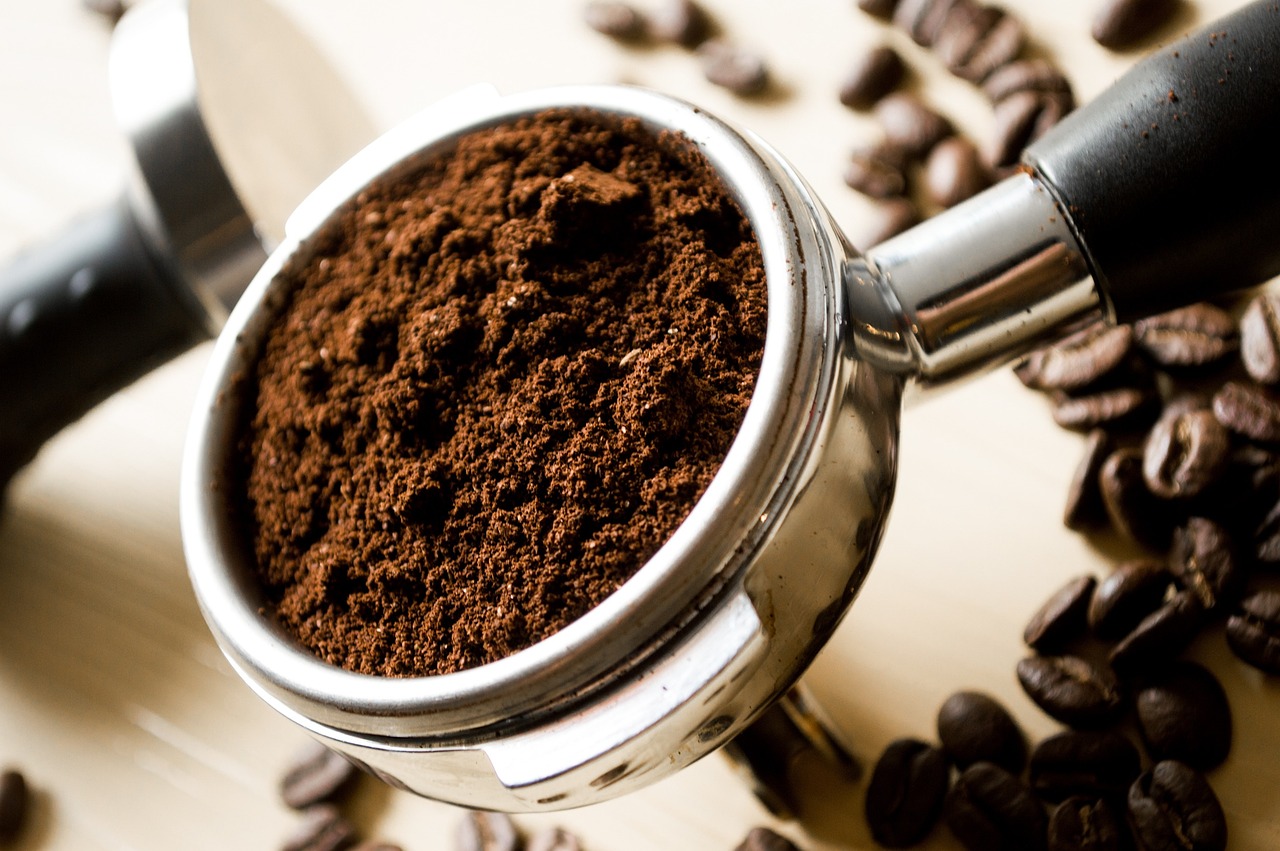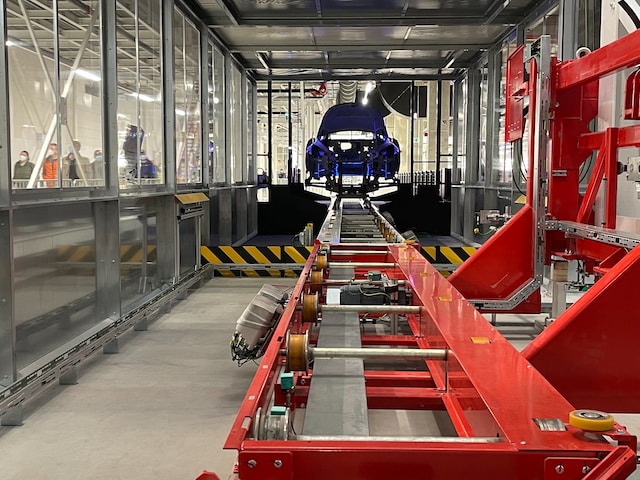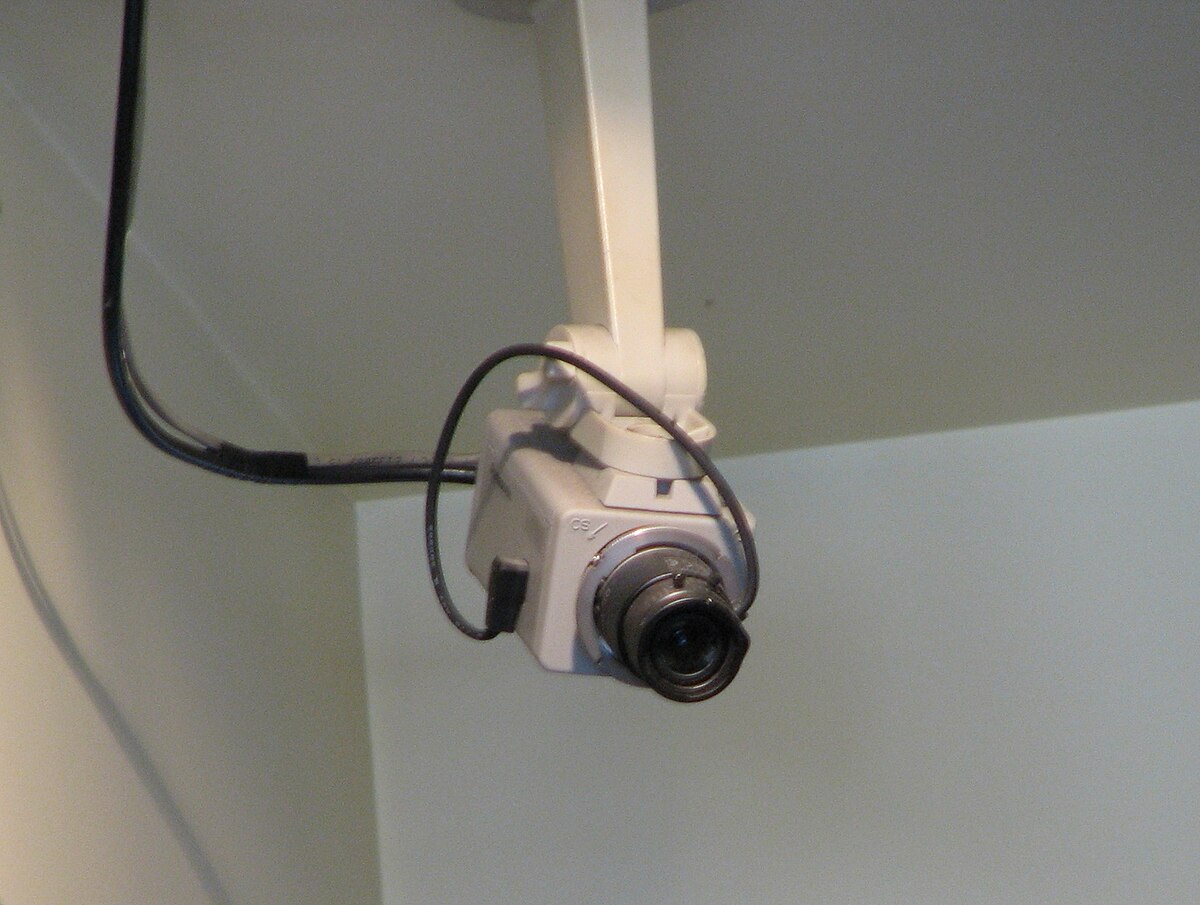Coffee is a universally cherished beverage, and the considerable volume of spent coffee grounds produced underscores its popularity. Approximately six million tons of these grounds are discarded annually, with a substantial portion ending up in landfills.
Now, researchers from The University of Texas at El Paso have discovered a potential solution using discarded coffee grounds.
Your Morning Coffee Could Safeguard Your Brain
Researchers have identified that caffeic-acid-based Carbon Quantum Dots (CACQDs), obtained from used coffee grounds, show promise in safeguarding brain cells from damage associated with various neurodegenerative diseases.
Millions of people worldwide are impacted by neurodegenerative disorders such as Alzheimer’s, Parkinson’s, and Huntington’s. The financial burden of caring for individuals with these conditions accumulates to hundreds of billions of dollars annually.
Neurodegenerative diseases are influenced not only by genetics but also by lifestyle and environmental factors. These factors contribute to the loss of neurons in specific brain areas.
These factors include heightened levels of free radicals and detrimental molecules implicated in diseases like cancer, heart disease, and vision loss. Additionally, there is an accumulation of fragments of amyloid-forming proteins, leading to the formation of plaques or fibrils in the brain.
Researchers discovered that CACQDs derived from spent coffee grounds effectively removed or blocked free radicals and inhibited the aggregation of amyloid-forming proteins in cell samples. Moreover, CACQDs did not exhibit any adverse effects on the cells.







